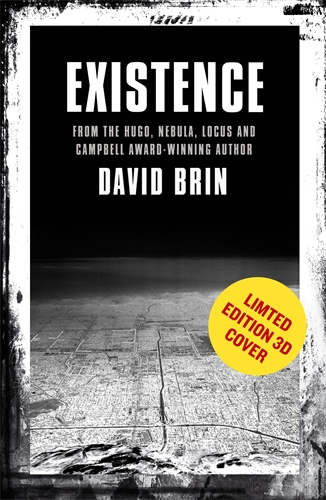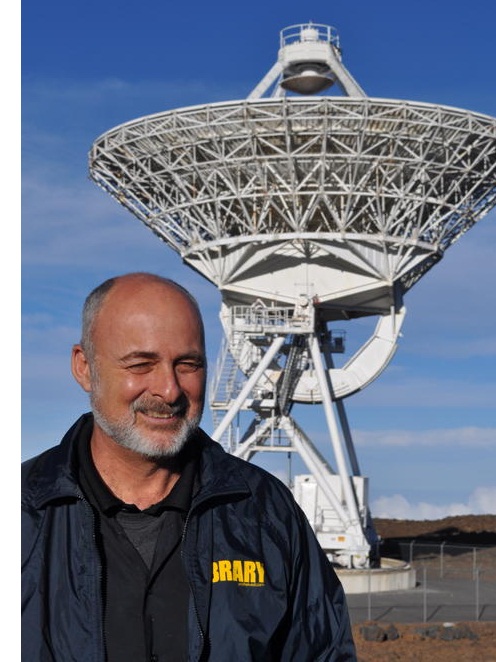A short documentary now playing on the Internet is the best movie about Mark Zuckerberg yet. It?s studded with clues to the workings of Zuckerberg?s brain, and possibly even clues to the future of Facebook, which makes its initial public stock offering on Friday.
The film is called ?Facebook IPO Roadshow,? and it runs a little over 30 minutes. The ingenious and disturbing film was conceived as the centerpiece of the dark-charm offensive that Facebook launched to beguile new investors. (Those investors, who didn?t feel properly courted by the canned appearance, soon began demanding to see Zuckerberg in person, presumably so they could touch the hem of his garment rather than watch a Facebook-produced video that any schmo could see.)
But as an ambitious propaganda piece that doubles as gloss on the current state of the digital everything, ?Facebook IPO Roadshow? is well worth watching. The film is at pains to deny it?s a commercial. As the flat-affect movie puts it, its entire purpose is to ?enable your investment decisions? and help ?you get to know Facebook better.? Very Silicon Valley. You know there are tens of billions on the line when company leaders get this low-key.
Though several members of the Facebook brass show up, and the film is thick with groovy b-roll and data visualization, Zuckerberg, in his matte blue-gray outfit and matching eyes, steals the show?though he seems, as usual, to have turned in his performance by Facebook chat.
Never has a mortal seemed so laconic and blas? about a company he founded and now hopes to see valued at $100 billion. It?s almost as though, like any garden-variety Harvard kid, he feels entitled to any valuation he dreams up.
Sure, it would be nice, just for the moment, for Zuckerberg to pant for approval a little, and act like he needs us. We are the ones who put the ?public? in IPO after all.
But there?s something in Zuckerberg?s disregard for his audience?that spoiled, half-sadistic style that David Fincher captured in ?The Social Network??that gives his company its mystique. Does the noli-me-tangere whiz-kid without a real, flesh-and-blood friend in sight seem like the future of social life online? Maybe. Maybe there?s something in his master-puppeteer demeanor that allows his company to perpetually outrun charges that it?s faddish and trivial. (On the eve of the IPO, a poll conducted on behalf of the Associated Press and CNBC found that fully half of Americans consider Facebook a flash in the pan!)
Zuckerberg reportedly will not come to New York to ring the NASDAQ bell on Friday. If you?re Mark Zuckerberg, evidently, you don?t genuflect toward the brutish trading floor. You ring bells from wherever you want; in his case, it?s remotely, from his new office in Menlo Park. If he?s using a bell-ringing app, you can be sure it?s got Facebook inside, like Pinterest or Quora or Spotify.
While Zuckerberg maintains his above-it-all style in the film, the onetime fencing champ does manage to pull off some elegant touch?s and trompements at the expense of his competition. The richest one is in his opening lines:
You know, I grew up with the Internet, right, I mean when I had?When I was in middle school I was using search engines like Google and Yahoo.
I just thought that they were the most amazing thing. The thing that always seemed like it was missing was always just people, right. . .
Amazing. Google ends up in the rearview mirror (when Zuck was a preteen, no less) in the first 30 seconds of the speech. Zuckerberg goes on to rhetorically dominate mobile, where Facebook has been thought to be weak, when he prophesizes that all apps will one day be wrapped around Facebook.
And Sheryl Sandberg, the company?s captivating chief operating officer, shows how Facebook rules advertising, with a chipper presentation that lets her position herself as a consumer and user of the site?the way that none of the other company leaders successfully do in the film. (The company?s status as an advertising must-buy for companies looking to digitize came into serious question this week when General Motors announced that it would no longer buy ads on Facebook.)
In all, the film expresses cool triumphalism. On a broad, almost monstrous scale. It?s as though the prophecy has already come to pass; all investors and the public must do is yield to our fate.
Zuckerberg conspicuously name-checks his hacker ethos, which involves creating products with a ?minimum? of features and, even more, a minimum of personal exertion. The word recalls the Zuckerberg character in Fincher?s film brandishing his A.D.D. for his interrogator: ?You have part of my attention; you have the minimum amount.?
In a disclaimer before the movie, the word ?speculation? is never used. Forward-looking statements is the preferred phrase. Speculation sounds flimsy and dangerous, evoking some 19th-century huckster with a high hat and the word ?Diamond? in front of his name. Forward-looking, by contrast, sounds visionary. Clairvoyant, even.
It all looks very clean. I remember joining Facebook five years ago, not long after the collegians-only social network opened its gates to the genpop. A college kid insisted to me that Facebook people were wittier than MySpace people, so I decided to see for myself.
Maybe by witty he meant repressed. In those days, groovy, messy MySpace was dominated by dark, bruised-looking emo collages. Facebook seemed more buttoned-up, square, self-conscious?like an Ivy League kid applying to Goldman Sachs.
It still seems that way. In spite of the scandals surrounding Facebook, and the alarmist treatises about its effects on our lives, there?s something morally fastidious about the company. Like Apple, it?s almost prudish.
If this presentation looks like anti-sales, then, it might just be the blockbuster sales strategy of our age.
justified southland sopa blackout protect ip act jim caldwell internet blackout jessica capshaw

 At the end of last year, we here at Orbit received?a very exciting treat in our inboxes . . . a?new manuscript?from?the?critically acclaimed?David Brin.
At the end of last year, we here at Orbit received?a very exciting treat in our inboxes . . . a?new manuscript?from?the?critically acclaimed?David Brin. 
























